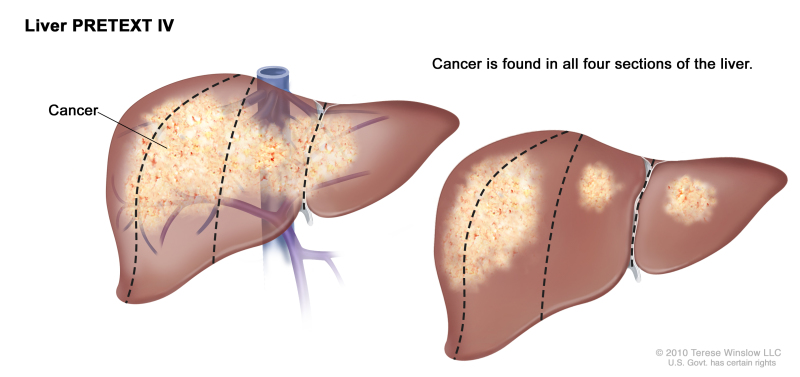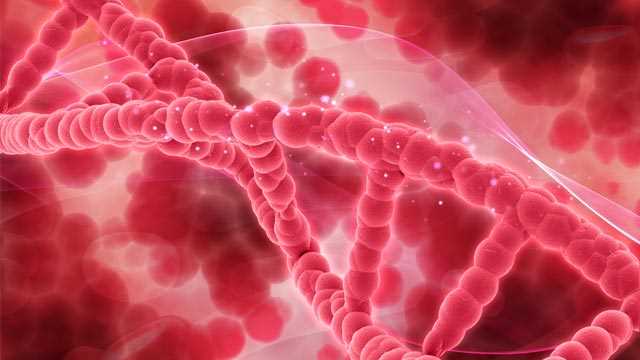By
Peisheng Wang et al.
Metastasis is one of the major causes of cancer-related death. It is connected to many biological activities of cancer cells such as growth, invasion, adhesion, hematogenous metastasis, and lymphatic metastasis. However, there is no information on the effect of Ups-fucoidan on tumor invasion and metastasis.
We examined the effect of Ups-fucoidan on cancer cell invasion and metastasis to use the mouse hepatocarcinoma Hca-F cell line, which has high invasive and lymphatic metastasis potential.

(Examine Method and Result)
We assessed the influence of Ups-fucoidan on the Hca-F cell growth by MTT assay. Ups-fucoidan treatment in dose-dependent downregulated the expression levels of hepatocarcinoma. Next, when the adhesion assay was used to measure the binding of Hca-Fcells to peripheral lymphatic endothelium. We found that Ups-fucoidan inhibited the adhesion capability of Hca-F cells by adding fucoidan 500μg/ml and 1000μg/ml. Also, the findings indicate the expression of L-Selection, which involves cancer cells adhesion to peripheral lymphatic endothelium and metastasis to lymph was down-regulated by Ups-fucoidan.
We continued to examine cells invasion assay to count the invaded cells through the filter. The number of Ups-fucoidan treated cells was significantly lower compared with untreated control cells. The expression of TIMP-1, 3 that play the role of the metastasis activity suppressant was increased by Ups-fucoidan.
We investigated the key factor of NF-kB related pathway may be contributed to the protein expression and activation because the cells growth and expression of L-Selectin or TIMP have been adjusted through the transcription factor NF-kB. The findings indicate that Ups-fucoidan regulates to inactivate PI3K/Akt pathway, which associated with the cell growth, adhesion, and metastasis, and downregulated the expression level of NF-kB. Moreover, the secretion of hepatocyte growth factor HGF in Hca-F cell was decreased by Ups-fucoidan treatment, which indicated to associate the inactivation of PI3K/Akt and ERK pathways. (Fig. 1)

The pathway of MET, the receptor of HGF, has been reported to induce lymphangiogenesis with a vascular endothelial growth factor of VEGF/VEGF-R pathways. We evaluated that Ups-fucoidan treatment inhibits lymphatic metastasis in Hca-F cells. We inoculated Hca-F cells on planta pedis of the mouse and had injected Ups-fucoidan on the same place of planta pedis for four weeks. (Fig. 2)
The weight of axillary lymph nodes of Ups-fucoidan treated mouse was significantly reduced compared to the control. It showed that Ups-fucoidan suppresses the tumor metastasis.

